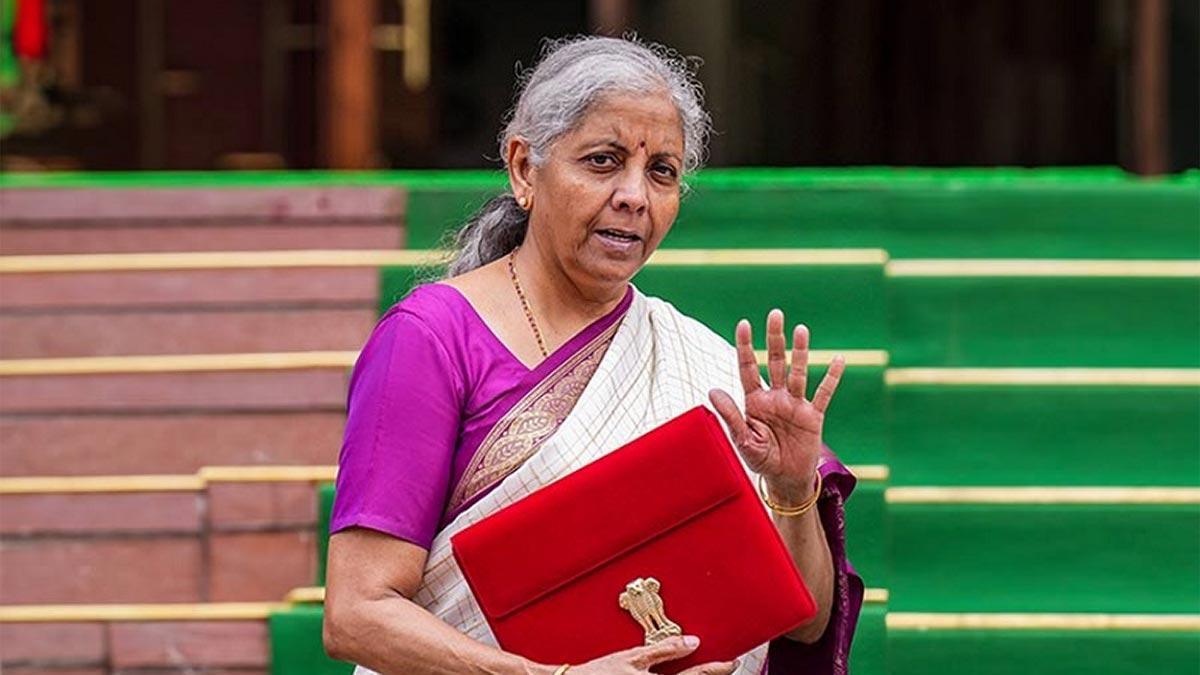Pakistan successfully made a repayment of $1 billion against a matured international Sukuk (Shariah-compliant bond), three days ahead of schedule on Friday, dismissing the perception of its default on the payment, local media reported.
As per the actual schedule, the country was to return the maturing investment in the US dollar-denominated global bond on Monday, The Express Tribune reported.
"Yes, we have made the payment of $1 billion," State Bank of Pakistan (SBP) spokesperson Abid Qamar confirmed to The Express Tribune.
The bank has made the payment to Citigroup, which will transfer the funds onward to the investors.
Earlier, the risk of default measured through a five-year credit default swap (CDS) hit a record high of 123 per cent last month, building strongly on the perception that the country would fail to arrange the payment amid its low foreign exchange reserves, the report said.
CDS is an insurance derivative that covers the risk of default on the repayment. Experts, however, said this was an ill-liquid and low-volume traded derivative. A little trade in CDS had built a wrong perception of default on the repayment.
Finance Minister Ishaq Dar, former Finance Minister Miftah Ismail, and SBP Governor Jameel Ahmad often reiterated Pakistan would not default on any of its international payments and it would make all payments as per schedule.
Also Read | Indian markets do better than global leaders despite interest rate hikes
"It has more than the required foreign currency reserves," Ahmad had said last month.
The perception about Pakistan's likely default formed when Sri Lanka defaulted on its global bond repayments after its reserves diminished earlier this year. The nation faced an acute shortage of medicines, petroleum products, and foods as well as a political crisis.
Comparing Colombo with Islamabad on the repayment capacity, an expert said Pakistan had a small share of 7-8% of its total foreign debt through floating international bonds like Eurobond and Sukuk. The rest of the foreign debt was commercial, multilateral and bilateral which can be and has been rolled over from time-to-time, The Express Tribune reported.


















